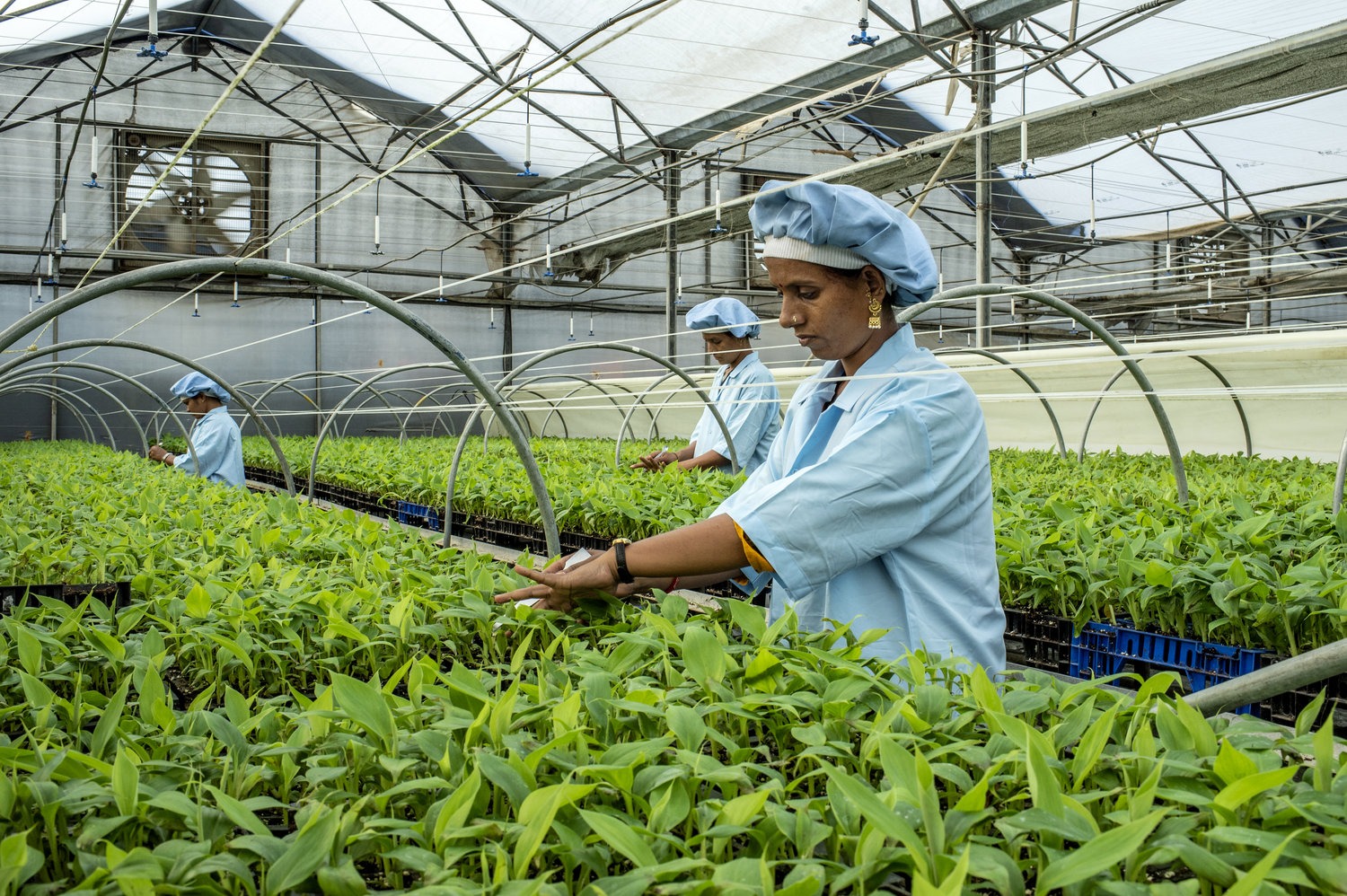Transforming our food and land use systems could create $4.5 trillion in new business opportunities, as revealed by new evidence from the Food and Land Use Coalition (FOLU). Healthier, more diverse diets are just part of a 10-point plan to safeguard people and the planet – but we need to act now.
The new report Growing Better: Ten Critical Transitions to Transform Food and Land Use, is the first of its kind to assess the benefits of transforming global food and land use systems, as well as emphasising the growing costs of inaction.
The report reveals that today’s food and land use systems account for $12 trillion a year in damage to our environment, health and development. If we let current trends continue, this will rise to more than $16 trillion every year by 2050.
FOLU highlights the emergency that current land use patterns have helped to create. Existing food and land systems are responsible for as much as 30% of greenhouse gas emissions and are the single biggest threat to our biodiversity and natural habitats. Its analysis of global obesity, malnourishment and food security – among other global crises – paints a picture that demands immediate action.
In response, the report’s authors set out 10 actionable solutions for people and the planet – and reveal benefits that far outweigh the cost, in both economic and human terms.
The past year has seen a huge public demand to get climate change under control and to protect and restore natural systems. FOLU’s analysis suggests that smarter land use is also pivotal to inclusive development: empowering and protecting indigenous communities and strengthening rural economies. From financing nature-based solutions to reducing waste and promoting a diverse , healthy diet, its systemic changes have a profound and positive effect on each of us.
Based on new modelling, the report is reinforced by recent research published this year, including the IPCC special report on Land and the Intergovernmental Science-Policy Platform on Biodiversity and Ecosystem Services (IPBES) report. Taken together, they advance a powerful economic case for deep and immediate change.
As a core partner in the FOLU coalition, SYSTEMIQ works to drive change across our energy and materials systems, and through regenerative use of our land and oceans. We are proud to have helped develop FOLU’s Growing Better report, and its 10 critical transitions that governments and businesses can start implementing now.
Founder and Managing Partner Jeremy Oppenheim said: “Leaders across the public and private sectors have a powerful opportunity to drive change to how we consume, how we use our land, how we harness the power of digitisation across the food economy over the coming decade. Seizing these opportunities is key to delivering the Paris Agreement on climate and the Sustainable Development Goals.”
—
Established in 2017, the Food and Land Use Coalition (FOLU) is a community of organisations and individuals committed to the urgent need to transform the way we produce and consume food and use our land for people, nature and climate. FOLU supports science-based solutions and help build a shared understanding of the challenges and opportunities to unlock collective, ambitious action.
FOLU connects members of the scientific community, businesses, investors, policy-makers, international organisations, members of civil society, grassroots organisations and farmers’ representatives. To find out more visit the website.

